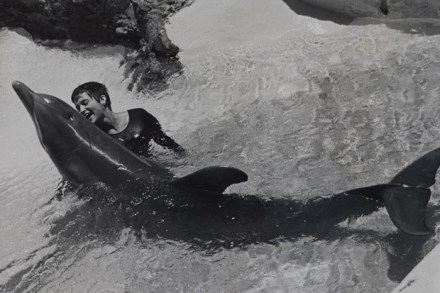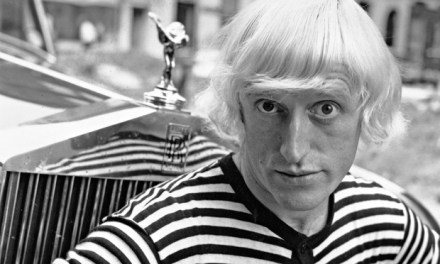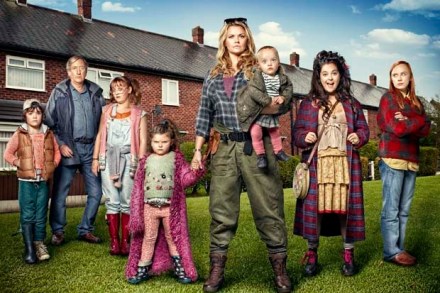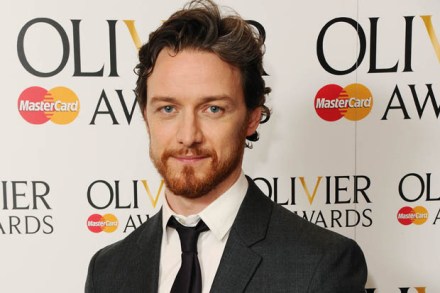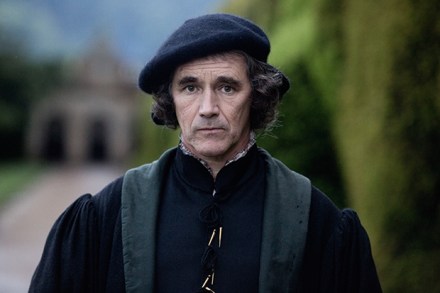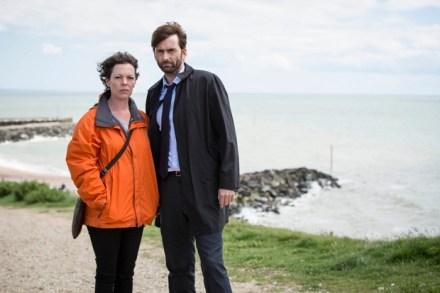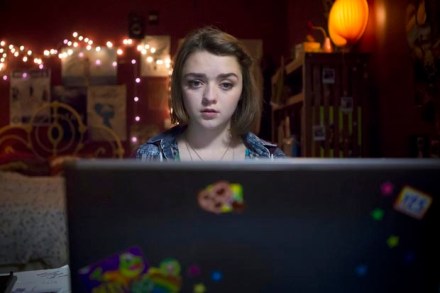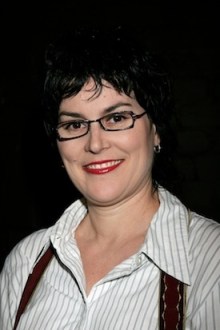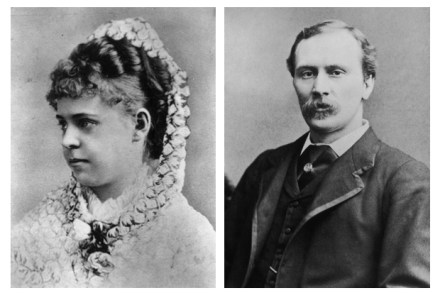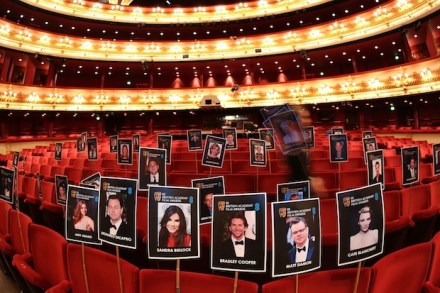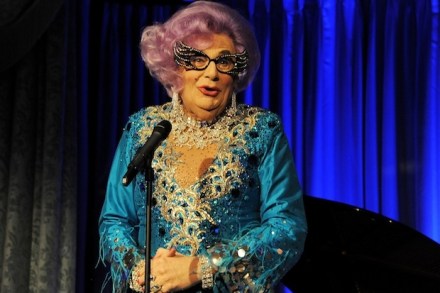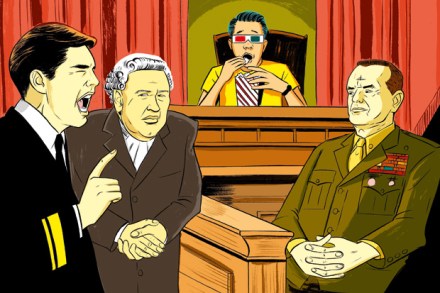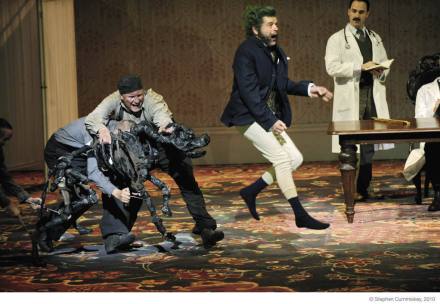Socialist Cluedo
What a load of manipulative, hysterical tosh is An Inspector Calls. It wasn’t a work with which I was familiar till I saw the latest TV adaptation. Now, of course, I see exactly why the luvvies — see, for example, Stephen Daldry’s highly acclaimed early 1990s National Theatre revival — adore it so. It confirms everything they think they know about the world: rich people bad, heartless, oppressive; poor people the long-suffering and saintly salt of the earth. In case you’ve not had the pleasure, J.B. Priestley’s play is like a socialist game of Cluedo: a lovely innocent young working-class woman has died and the toffs all dunnit. Self-made millionaire
